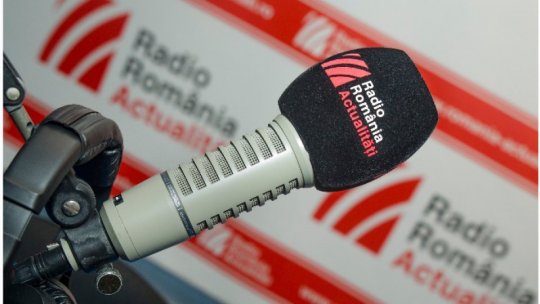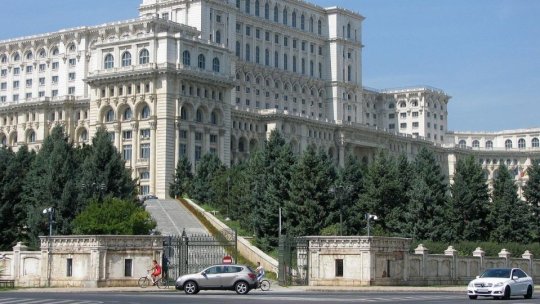National Press Review, 28 March
Articles in the dailies România Liberă, Adevărul, Evenimentul zilei and Jurnalul Naţional.

Articol de Nicoleta Turcu, 28 Martie 2011, 19:12
Adrian Severin, his last day in the SDP – reads the Adevărul and explains: the exclusion of the MEP proposed by the Ethics Committee of the Bucharest Organisation, from which he belongs.
The approval of the proposal is just a formality, the newspaper reads and could happen today, when Severin turns 57. The decision forum is the Executive Bureau of the SDP Bucharest, where Adrian Severin is expected to plead for his cause. He was invited to the meeting by the branch leader, Marian Vanghelie, who invoked the procedure.
‘This is what the statute says, that you cannot make decisions about someone if they are not present. If he doesn’t want to attend, that’s his business’, explained Vanghelie. Severin couldn’t be contacted to confirm participation.
The Adevărul also adds – Petrom says goodbye to the Arpechim refinery. Details follow: Petrom announced they would permanently shut down the Arpechim refinery in Pitesti because no one wanted to buy it. The unity will partially become a deposit for petroleum products. Arpechim is the seventh refinery to close in Romania after 1990. Romania is thus left with only three oil processing units.
In the România Liberă we read that trade union leader Marius Petcu used to negotiate bribes down to the last penny. He would put pressure on the denunciator, businessman Petre Scrieciu, to give him ‘the commissions’ from the works he received from the union, in time.
The transcripts in the file of the arrest of the trade union leader of the National Confederation of Free Trade Unions in Romania – FRATIA show that Marius Petcu has drawn the attention of Petre Scrieciu that the latter did not give him anything ‘for December’ and asked him to ‘discuss figures’.
Investigators claim that the file of the trade union leader contains endless conversations where Marius Petcu and the businessman negotiate the number of tranches to pay the bribes.
The Evenimentul zilei makes today the top of Romanian counties that make us famous around the world. Last year Bucharest exported goods worth of 6 billion euros, according to statistic data and the newspaper’s estimates.
The amount is equivalent to the annual exports of Serbia, worth of 8.3 billion dollars, and exceeds the value of all goods exported by Latvia, worth of 7.7 billion dollars, according to data gathered by The Economist.
The capital is followed by the county of Arges, which, mainly due to the Dacia-Renault factory in Mioveni, recorded in the first ten months of last year exports of about 3 billion euros. The next one is Timiş – placed third, with goods sold abroad, for the January-October 2010 period, of around 2.5 billion euros. The county of Cluj comes fourth, with almost 1.8 billion euros. Top five exporting counties ends with Constanta, with exports of 1.4 billion euros in the first ten months of 2010.
We read in the Jurnalul naţional that: Spiru Haret’s residence awaits its demolition. The 19th century villa, placed near the Victoria Street and the Lscar Catargiu Boulevard, has become a shade of what it had once been, as it has been inhabited by gypsies for nearly seven years now.
The building is a monument; Spiru Haret has lived, wrote and died in this house. However, its current owner, Cristina-Nicoleta Flutur, has all the certifications to build instead a seven stories building of glass curtain walls.
The Jurnalul naţional also announces that this week it will publish the Wikileaks documents related to Romania. The publishing of the confidential American telegrams is possible as a result of the partnership between the Jurnalul National and the Romanian Centre for Journalism and Investigation, which exclusively owns all documents in connection to Romania, due to a contract signed with Wikileaks, the newspaper also adds.
Translated by: Manuela Stancu
MA Student, MTTLC, Bucharest University









